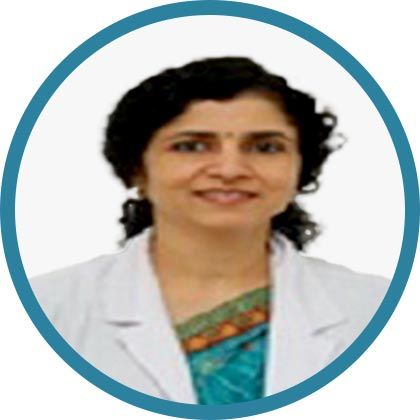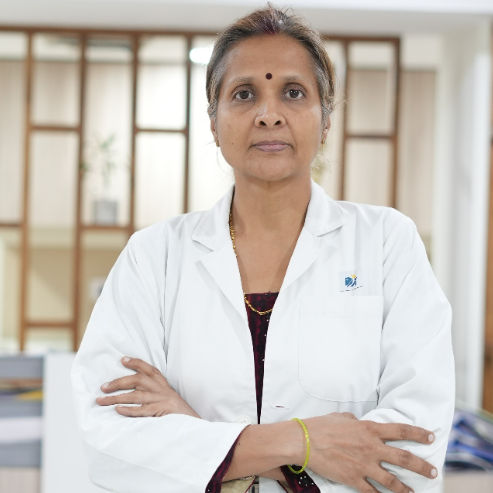Twin Pregnancy: Overview and Considerations
Expecting twins? Learn about twin pregnancy types, symptoms, potential risks, and expert tips for a healthy pregnancy journey. Discover when to seek help and how to prepare for delivery.


Pregnancy is an exciting and life-changing journey, and when you find out you're expecting twins, the joy (and sometimes surprise!) doubles! However, a twin pregnancy also comes with unique considerations and challenges. If you're carrying twins or know someone who is, this guide will help you understand what to expect, how to stay healthy, and when to seek medical advice.
What is a Twin Pregnancy?
A twin pregnancy occurs when a woman carries two babies in her womb at the same time. There are two main types of twins:
1. Identical (Monozygotic) Twins – These twins develop from a single fertilized egg that splits into two. They share the same genetic material and usually look very similar.
2. Fraternal (Dizygotic) Twins – These twins develop from two separate eggs fertilized by two different sperm. They can be of the same or different genders and may not look alike.
How Common Are Twin Pregnancies?
Twin pregnancies are becoming more common due to factors like:
Fertility treatments (IVF, ovulation-stimulating medications)
Older maternal age (women over 35 have a higher chance of twins)
Family history (if twins run in your family, you may be more likely to have them)
Symptoms of Twin Pregnancy
While many symptoms are similar to a single pregnancy, some signs may indicate twins:
More intense morning sickness (due to higher hormone levels)
Rapid weight gain in the first trimester
Larger belly early on (your uterus grows faster)
Stronger fatigue (your body is working harder to support two babies)
Increased fetal movement (you may feel kicks in different areas)
However, only an ultrasound can confirm a twin pregnancy, so it’s important to get an early scan.
Potential Risks and Complications
While many twin pregnancies progress smoothly, there are some increased risks, including:
Preterm birth (twins are often born before 37 weeks)
Low birth weight (babies may be smaller due to early delivery)
Gestational diabetes & high blood pressure (higher risk due to increased demands on the body)
Twin-to-Twin Transfusion Syndrome (TTTS) (a rare condition where one twin gets more blood flow than the other)
Regular prenatal visits help monitor these risks and ensure both babies grow healthily.
Tips for a Healthy Twin Pregnancy
To give your babies the best start, follow these guidelines:
1. Eat a Nutrient-Rich Diet
Increase calorie intake (you need about 600 extra calories per day compared to 300 in a single pregnancy).
Focus on protein (lean meats, eggs, dairy, beans) to support baby growth.
Stay hydrated (drink plenty of water to prevent dehydration and preterm contractions).
Take prenatal vitamins (especially folic acid, iron, and calcium).
Consult Top Gynecologist
2. Get Plenty of Rest
Fatigue is common—listen to your body and nap when needed.
Avoid heavy lifting or excessive physical strain.
3. Stay Active (Safely)
Gentle exercises like walking, prenatal yoga, or swimming can help.
Avoid high-impact activities unless approved by your doctor.
4. Attend All Prenatal Checkups
More frequent ultrasounds and doctor visits help monitor both babies.
Discuss any unusual symptoms (severe swelling, headaches, reduced fetal movement).
5. Prepare for Possible Early Delivery
Twins often arrive earlier, so pack your hospital bag by 28 weeks.
Discuss a birth plan with your doctor (vaginal vs. C-section depends on baby positions).
When to Seek Medical Help
Call your doctor if you experience:
Severe nausea/vomiting (could indicate hyperemesis gravidarum)
Signs of preterm labor (regular contractions, pelvic pressure, fluid leakage)
Decreased fetal movement (babies should move regularly)
High blood pressure symptoms (blurred vision, severe headaches, swelling)
Final Thoughts
A twin pregnancy is a special but demanding experience. With proper care, nutrition, and medical supervision, you can increase the chances of a healthy pregnancy and delivery. If you're expecting twins, consult your doctor early to create a personalized care plan.
Need expert guidance? Book a consultation with an obstetrician on Apollo 24|7 to ensure the best care for you and your little ones
Consult Top Gynecologist
Consult Top Gynecologist

Dr. Karuna Ratwani
Obstetrician and Gynaecologist
11 Years • MBBS, MS( Obstetrics & Gynaecology), F.MAS, FICRS Advanced Diploma in Minimal Access surgery Fellow of International College of Robotic Surgeons Diploma in Reproductive Medicine, Kiel-Germany Masters in Cosmetic Gynaecology , Greifswald-Germany Masterclass in Obstetrics & Gynaecology Ultrasound ( ISUOG, UK)
Delhi
Apollo Hospitals Indraprastha, Delhi

Dr. Sanchita Dube
Obstetrician and Gynaecologist
17 Years • MBBS, MD, DNB
Noida
Apollo Hospitals Sector 26, Noida
(100+ Patients)

Dr. Vandana Sinha
Obstetrician and Gynaecologist
14 Years • MBBS, MS(Obs & Gyn), Fellow in Gynec-Onco. & Gynec Endoscopy
Ahmedabad
Apollo Hospitals Gandhinagar, Ahmedabad
(175+ Patients)

Dr. Bandana J
Obstetrician and Gynaecologist
18 Years • MBBS, DGO
Secunderabad
Apollo Hospitals Secunderabad, Secunderabad

Dr Bhawna Garg
Gynaecological Oncologist
26 Years • MBBS, MS, (PGI MS ROHTAK) FELLOWSHIP GYNECOLOGY ONCOLOGY, (CANCER INSTITUTE CHENNAI)
Delhi
Apollo Hospitals Indraprastha, Delhi




